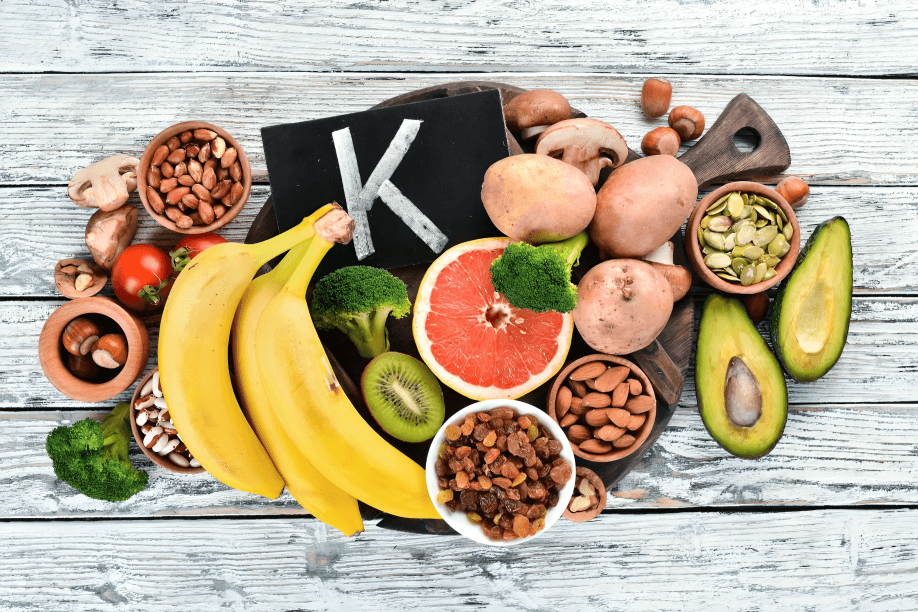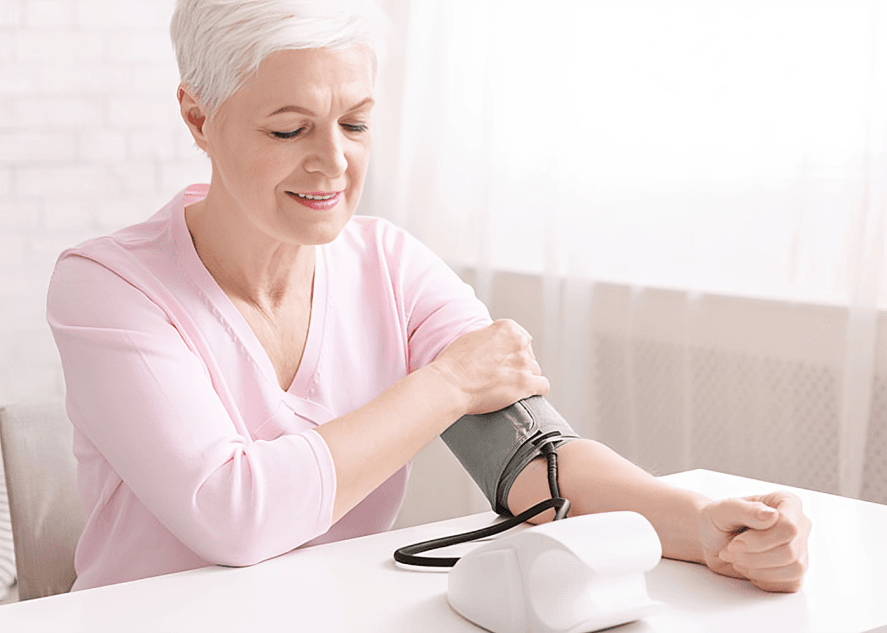
“
Aging brings natural changes to the cardiovascular system, but understanding how to maintain a healthy heart in old age can help seniors preserve vitality and independence. However, positive lifestyle habits—like staying active, eating wisely, sleeping soundly, and managing stress—can all help protect the heart.1
1
”
Austrian neurologist Viktor Frankl once said, "Purpose adds years to life." Seniors who find meaning through hobbies, social ties, or caregiving may reduce heart disease risk and improve emotional resilience. 1
A Mediterranean-style diet—rich in olive oil, fish, vegetables, and whole grains—helps lower LDL cholesterol, reduce blood pressure, and protect aging arteries from inflammation. 2

Moderate walking for 30 minutes daily keeps the heart pumping efficiently, boosts circulation, and helps prevent arterial stiffness, a common concern for those over 60.
Older adults should keep sodium intake below 1,500 mg per day to control blood pressure, reduce fluid retention, and ease stress on the heart’s pumping workload. 3
Hydration remains vital as we age; proper fluid intake supports blood volume and circulation and prevents heart strain that can occur with dehydration or thickened blood. 4
Quality sleep restores heart function. Seniors sleeping 7–8 hours nightly show lower blood pressure, reduced inflammation, and better heart rate variability, all markers of cardiovascular health. 5
Regular medical checkups in old age help detect early signs of hypertension, atrial fibrillation, or blocked arteries, which can be managed more effectively if caught early. 6
Avoiding trans fats and processed meats minimizes artery-clogging effects, making plant-based meals and lean proteins smarter choices for long-term heart health. 7
Stress is a silent heart risk. Practices such as deep breathing, yoga, or tai chi help calm the nervous system and protect the aging heart from chronic stress. 8
Obesity increases the risk of congestive heart failure in the elderly. Maintaining a healthy weight reduces pressure on the heart and improves oxygen delivery to the tissues. 9

Potassium-rich foods like bananas, avocados, and spinach help regulate blood pressure by balancing out the negative effects of sodium on the cardiovascular system.
Laughter has physical effects: it improves blood vessel function and circulation, reducing arterial stiffness and lowering the chances of heart-related events in the elderly. 10
Seniors should quit smoking at any age—doing so improves heart rate, lowers blood pressure, and reduces the risk of coronary artery disease within months. 11
Heart health improves when seniors stay socially connected; isolation has been linked to higher heart disease rates, so regular interaction helps regulate stress and blood pressure. 12
Omega-3 fatty acids, found in salmon, walnuts, and flaxseed, reduce triglycerides, decrease inflammation, and support strong cardiac rhythms in the elderly. 13
Resistance training—like lifting light weights or using resistance bands—builds muscle, improves metabolism, and supports heart function, especially in adults over 65. 14

Tracking your blood pressure at home helps seniors stay proactive, catch dangerous spikes early, and adjust their lifestyle or medication in response to changes.
Vitamin D supports healthy cardiovascular function. Older adults should get sunlight or take supplements, especially since deficiency is linked to heart failure and high blood pressure. 15
Strong oral hygiene helps prevent gum infections that can trigger systemic inflammation, increasing heart disease risks in seniors. Brushing and flossing daily keeps more than your teeth healthy. 16
Cardiologist Dr. Elizabeth Blackburn's research shows that heart cells age faster with chronic stress. But lifestyle changes like meditation and sleep may help protect heart function in seniors. 17


